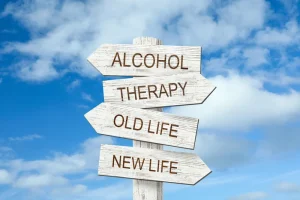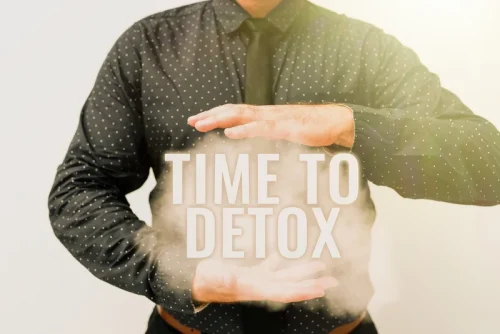
Doctors often prescribe anticoagulants to people who have been diagnosed with some form of heart disease. “Coagulate” is a medical term that means “to clot.” These blood thinners prevent blood clots by increasing the amount of time it takes your blood to clot. Some does drinking make your blood thinner people take medications to prevent the blood from clotting or slow the clotting process. They may refer to them as blood thinners, anticoagulants, or antiplatelet drugs. A doctor may prescribe these medications to reduce a person’s risk of heart attack and stroke.
Long-Term Cardiovascular Health Concerns of Alcohol
- Dr. Harb Harb is a non-invasive cardiologist working within the Northwell Health System in New York, specifically at the North Shore University Hospital, affiliated with Hofstra University.
- Alcohol can cause an increased release of cortisol and, in turn, higher blood pressure and a faster heartbeat.
- No matter what type of pain occurs, the nervous system uses the same mechanisms to relieve it.
Several antibiotics, antifungal drugs, blood pressure medications, and antidepressants can increase your chance of bleeding. This also includes nonsteroidal anti-inflammatory drugs (NSAIDs) such as Ibuprofen (Advil, Motrin) or Naproxen (Aleve). Make sure to tell your doctor about all the medications you’re taking. As many as three million people take blood thinners each year, but some may not be aware of how these medications interact with substances like alcohol. On their own, blood thinners can create a number of health risks and increase the chances of serious bleeding.
What Not to Do While on Blood Thinners
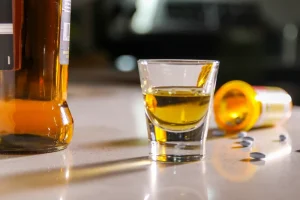
However, long-term use of high doses — for instance above 1,500 IU daily — may have negative effects. People have long used turmeric for culinary and medicinal purposes. Curcumin is an active ingredient in turmeric and appears to have anti-inflammatory and blood-thinning or anticoagulant properties.
- They also had greater reductions in waist circumference and less inflammation.
- Remember, a low sodium level can be caused by many factors.
- Alcoholic beverages and cranberry juice can contribute to the development of side effects when using blood thinners.
- Get emergency medical care immediately if you or someone else has symptoms of severely low blood pressure.
- Additionally, the National Institute on Alcohol Abuse and Alcoholism (NIAAA) offers guidance on finding treatment and support for AUD.
Drink Plenty of Water
No matter what type of pain occurs, the nervous system uses the same mechanisms to relieve it. If nothing helps, consult with a healthcare provider about antibiotics and the safety of self-care practices in the future. You can help reduce your symptoms by avoiding these foods while you’re recovering from a UTI. Scientific evidence on cranberry juice for UTI support is mixed.
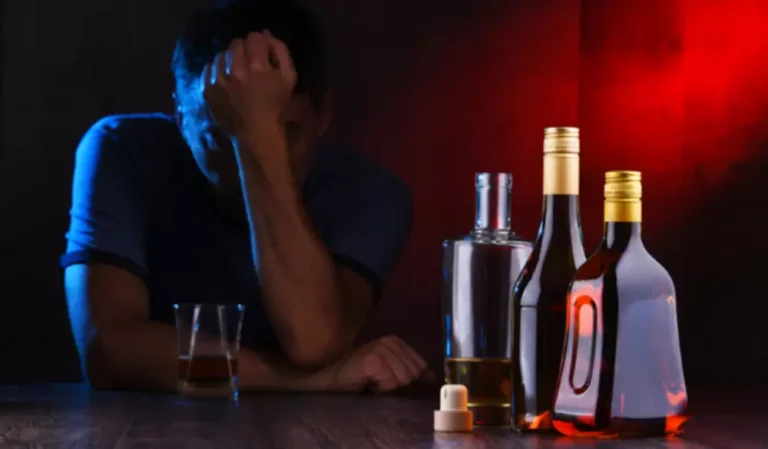
Depending on how this interaction works, it could cause the blood to become too thin, creating a high risk for bleeding from minor injuries. It could also reverse the effects of the blood thinners, increasing the risk of dangerous conditions like heart attack or stroke. Blood thinners are medications that slow your body’s ability to coagulate blood, making your blood less likely to form blood clots. These medications are intended to treat blood clots in people who have them or reduce the risk of them forming. Blood thinners do not actually reduce the size of existing clots, but they can enhance the body’s natural process for eliminating unhealthy blood clots. While alcohol may have blood thinning effects, it may also increase the risk of cardiovascular conditions and blood clots.
These work by preventing or undoing coagulation, which is how your body starts to make clots. Different anticoagulants work at different parts of the coagulation process. For instance, some anticoagulants do this by competing with vitamin K, which your body needs to make proteins called clotting factors. These help your blood cells bind together to make blood clots. Blood thinners may interact with alcohol as well as certain other medications, foods, and dietary supplements. For example, the NIAA advises that drinking alcohol while taking warfarin, which is a blood thinner, can have adverse effects.
Increased Protein Intake
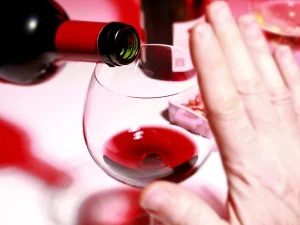
But each of these does other things that are probably far more important. Blood fats such as low-density lipoprotein (LDL, «bad» cholesterol) affect viscosity. The same holds true for fibrinogen, a soluble protein that can be transformed into stringy, insoluble fibrin, which forms the semi-solid base of blood clots. An interesting theory proposes that watering down your blood can prevent heart disease. Your doctor may tell you to limit your participation in contact sports to reduce the chance of bleeding. However, this doesn’t mean you can’t exercise or live your day-to-day life.
- Your body makes blood clots from red blood cells, platelets, fibrin, and white blood cells.
- Blood thinners keep a clot where it is and from getting bigger and prevent new clots from forming.
- Alcohol and blood thinners interact in different ways that will vary for each individual.
- This type of blockage can lead to life-threatening conditions such as pulmonary embolism, stroke, or heart attack.
Ensure you are eating various minimally processed and nutrient-dense foods to sustain your weight loss efforts. Consuming chia seeds could reduce high blood pressure (hypertension). They contain an antioxidant compound called chlorogenic acid, which has been found to lower blood pressure and improve blood vessel function. Some evidence suggests that chia seeds may support healthy blood sugar.
